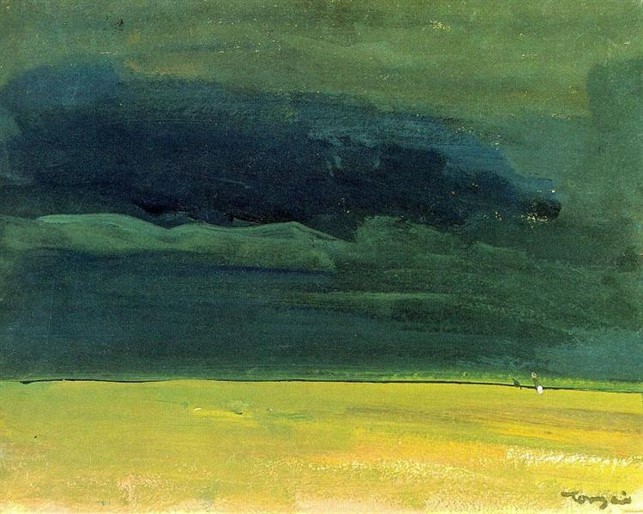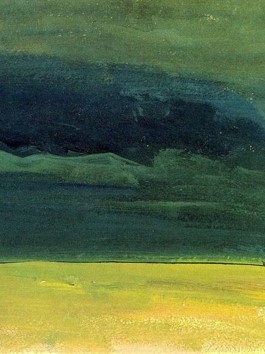When we lose, we stay. And we will return.
– excerpts from a private speech by Viktor Orban.
Last week, I had occasion to meet with Hungarian Prime minister Viktor Orban at a business seminar in Budapest, where I was presenting a lecture on the neurological effects of technology. Mr. Orban, who has been criticized for his tactics of nationalization, gave us a short private talk. No press was present. He appeared secure and confident (as he usually does); his speech is notable for his perspective and has many candid and notable points. Here are direct excerpts:
“To start out, let me talk about politicians. When Western politicians lose elections, they do not return to politics but go into business. However, if we lose, we stay in politics. We will return. This is my mission in European politics.
In EU politics, the key word today is ”frustration”. The story begins in 2001, when the EU adopted a so-called strategy for the future. This strategy essentially has three points. First, that the EU should be most competitive in the world. Second, that there be a free trade zone from Lisbon to Vladivostok and third, that the Euro should become more competitive versus the US dollar. Today, we have not achieved any of these three goals. The Euro is not strong, Russia is an outsider.
The challenge today is to discuss competitiveness, demographics and security and migration. However, the problem is, that demographics is not viewed as a legitimate topic. You can’t discuss migration without discussing security, because migration directly impacts on security. But in Brussels, you can’t bring this topic up in this way, because of political correctness.
The frustration is compounded by the fact that EU politicians can’t get to the answers because they don’t get into true discourse. This is due to the fact that they are limited to a four year thought and election cycle. However, the EU is facing problems that are not four-year problems.
So what gives us in Central Europe hope? First and foremost, success. We are on the path to success. Politicians here would be idiots to ruin this upward path, since we here in this part of Europe are in a different position that that of Western Europe. Since we started much lower down, we can only go up. Thus, we have the luxury of upcoming success.
The best way for us to become competitive is by allowing each country, alone, to do what it does best, while defining common obstacles. The problem is, that Brussels bureaucrats are by instinct socialist. They hate the successful man. Socialists like to regulate the outcome and not the process. But this makes you non-competitive, since it puts the emphasis on the solution and not the process. My job is not to make people happy. My job is to remove obstacles and create a chance for any quality that causes competition. This is a good thing. Politics is about language. In Western politics, the key word is “welfare”. Hungary is the only country that states that it is “work fair” and not “welfare”.
20yrs ago, we thought that Europe will be our future. But today, we are realizing that we are the future of Europe. In this regard, there are two questions to be resolved. This first is – is Austria in Central Europe or not? The answer is yes. Austria should have a leading position due to its cultural and capital strength. The second is – should we integrate West Germany into Central Europe? The answer is yes, because if Germany links to Central Europe, this will be the most successful European region, in addition to resolving issues of so-called Central European values versus the rest of Europe and the Višegrad countries. Višegrad needs to integrate with the rest of the Balkans – Serbia, Croatia, and it also needs increased collaboration with Germany.
Finally regarding institutions. Institutions are good for stable democracies. But in times of stress, we need personal leadership. In the West, “personal leadership” is a bad word because the West relies on stable institutions. But not so here in our country, or in Serbia. These are countries under stress and we need good personal leadership.
So what, at the end of the day, is Central Europe? Countries with a common history, that now have an emotional readiness, and are prepared to understand each other. What else is Central Europe? We don’t have another answer. In the meantime, we need to build Central Europe up politically, keeping the Višegrad countries in mind. The V4 expansion geopolitically is a reality. The future of Serbia is with the West. Here, the key is Montenegro – let Montenegro into the EU first, and Serbia will follow.
Along with this, we in Central Europe need to develop our infrastructure – look, one can’t go from here (Budapest) to Warsaw by highway. This has tremendous implications.
And finally, what about Euro adoption? Let me put it this way: my grandmother once taught me a saying: “Don’t eat what you really don’t know.“ We need convincing arguments.“

Janos Tornyai. Clouding over the Great Hungarian Plain. wikiart.org
published: 24. 9. 2018







